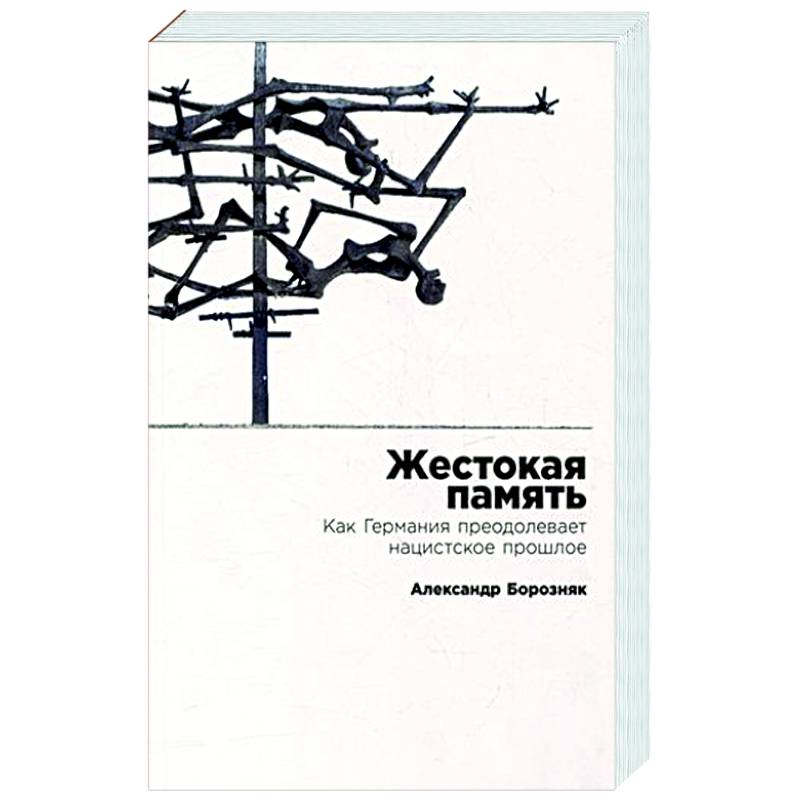Cruel Memory: How Germany Overcomes Its Nazi Past
Please sign in so that we can notify you about a reply
After the defeat in World War II, Germany faced the need to overcome the legacy of the totalitarian dictatorship of the Third Reich. In order to exist as a democratic state, the country had to reconsider aspects of its history, understand how the crimes of the Nazis became possible, and how to prevent a repetition of the tragedy.
From the Nuremberg trials and post-war attempts to determine the causes of the "German catastrophe" to the formation of a memorial culture, from the "phase of silence" to the "phase of active memory culture," including museums, memorials, and school textbooks, Russian scientist Alexander Boroznyak talks about the complex path of overcoming the past that four generations of Germans have been going through.
The author finds answers to difficult but still relevant questions: why did mass support for a criminal state become possible? What does May 8 mean for the citizens of Germany? What lessons have millions of German families learned from the recent past?
This publication is aimed at scientists, teachers, graduate students, students studying the history of World War II, as well as a wide range of individuals interested in the issues of modern German history and the history of Russian-German relations.
Author:
Author:Boroznyak A.
Cover:
Cover:softcover
Category:
- Category:Politics & Social Science
Publication language:
Publication Language:Russian
Paper:
Paper:offset
Dimensions:
Dimensions:21x14x2.7 cm
Age restrictions:
Age restrictions:16+
ISBN:
ISBN:978-5-9614-8774-9
No reviews found
